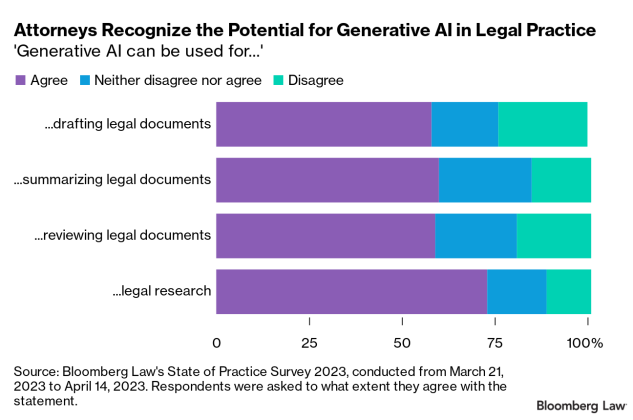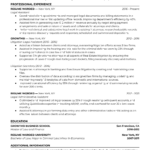Emerging Legal Trends in 2025: Key Insights for Legal Professionals

The legal landscape is constantly evolving, shaped by technological advancements, regulatory changes, and shifting societal expectations. As we move into 2025, legal professionals must stay ahead of the curve to remain competitive and effective in their practice. This article explores some of the most significant legal trends that are expected to influence the industry in the coming year.
1. Artificial Intelligence in Legal Practice
Artificial intelligence (AI) continues to revolutionize the legal field, offering efficiency and accuracy in research, contract analysis, and predictive analytics. Law firms and corporate legal departments are increasingly relying on AI-driven tools to automate routine tasks, allowing lawyers to focus on complex legal reasoning and client relations.
- AI-Powered Legal Research: Advanced AI algorithms can now analyze case law, statutes, and legal precedents faster and with greater accuracy than ever before.
- Contract Review Automation: AI-driven software can quickly scan, interpret, and flag potential risks in contracts, reducing human error and saving valuable time.
- Predictive Analytics: AI can assess past case outcomes and predict the likelihood of success in litigation, assisting attorneys in case strategy and decision-making.
2. Rise of Legal Tech Startups
The legal tech industry is booming, with startups developing innovative solutions to enhance legal services. These platforms provide cloud-based solutions, virtual legal assistants, and online dispute resolution mechanisms.
- Online Dispute Resolution (ODR): Platforms like Modria and FairClaims facilitate resolution of disputes without the need for traditional courtroom litigation.
- Blockchain for Smart Contracts: Smart contracts, powered by blockchain technology, are reducing the need for intermediaries in transactions.
- Virtual Law Firms: Remote legal services are becoming more popular, allowing attorneys to serve clients without geographical limitations.
3. Data Privacy and Cybersecurity Regulations
With increasing cyber threats and data breaches, governments worldwide are tightening regulations on data protection and cybersecurity. The legal sector must ensure compliance with evolving laws such as the EU’s General Data Protection Regulation (GDPR) and the U.S.’s state-level privacy laws.
- Stronger Compliance Requirements: Organizations must implement stricter data protection policies to avoid hefty fines.
- Cross-Border Data Transfers: International businesses must navigate complex data transfer regulations between jurisdictions.
- Legal Liability for Data Breaches: Companies are now more accountable for consumer data protection failures, facing both financial and reputational consequences.
4. ESG and Corporate Governance
Environmental, Social, and Governance (ESG) considerations are increasingly impacting corporate law. Regulators and investors are demanding greater transparency and ethical responsibility from businesses.
- Climate-Related Disclosures: Companies must disclose their carbon footprint and sustainability initiatives.
- Diversity and Inclusion Regulations: Legal frameworks promoting workplace diversity are gaining traction.
- Corporate Social Responsibility (CSR) Compliance: Businesses are under pressure to adhere to ethical and social responsibility standards.
5. Expansion of Remote Legal Services
The pandemic accelerated the adoption of virtual court hearings and online legal consultations. In 2025, remote legal services are becoming the norm rather than the exception.
- Virtual Court Proceedings: Many jurisdictions now offer digital courtroom solutions, reducing backlogs and increasing accessibility.
- Legal Consultation Apps: Mobile applications connect clients with attorneys for instant legal advice.
- AI-Driven Chatbots: Automated chatbots provide preliminary legal guidance, filtering out non-urgent cases before reaching human lawyers.
Conclusion
As the legal industry continues to evolve, professionals must adapt to new technologies, regulatory changes, and shifting client expectations. By embracing AI, legal tech innovations, data privacy measures, ESG compliance, and remote legal services, lawyers can stay competitive and provide more efficient, effective legal solutions. Staying ahead of these trends will be crucial for legal practitioners navigating the complexities of 2025 and beyond.


